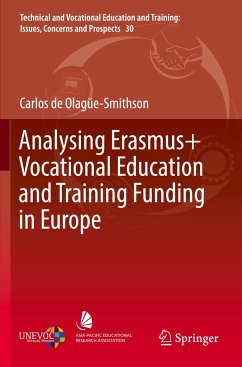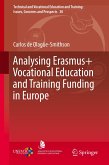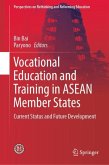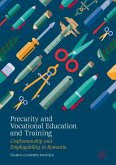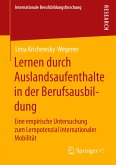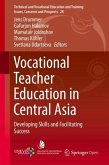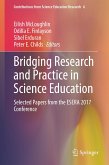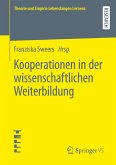This volume presents an analysis of the Erasmus+ funding process. It examines the first 3 years of the programme to discover if the funds are being distributed homogeneously throughout the regions of France, Germany, Italy, Spain and the United Kingdom. If it turns out that funds are being unevenly delivered this could result in an inequity situation: students living in specific regions might have greater chances to benefit from KA102 funds, while other students might have fewer opportunities to benefit from these funds. The book looks in detail at the implementation and performance of the various programmes within Erasmus+, the funds and distribution of these funds, and the number of students in the programmes. The book studies these five countries because they contain more than half of all the vocational education and training students in the European Union. Also, these countries had the most students participating in mobilities during the previous Leonardo da Vinci programme. Hence, it is to be expected that the conclusions drawn in this study are representative of the situation of VET mobilities and Erasmus+ funding in Europe.
Erasmus+ is the European programme in charge of fostering the development of transnational programmes in the areas of education, training, sports and youth policies. It is focused on the adaptation to a fast changing world, tackling youth unemployment, and preparing workers for highly skilled jobs. Erasmus+ integrates former programmes such as the Lifelong Learning Programme, Youth in Action, and the various international Higher Education and Sports programmes. It started in 2014 and will be active until 2020.
Erasmus+ is the European programme in charge of fostering the development of transnational programmes in the areas of education, training, sports and youth policies. It is focused on the adaptation to a fast changing world, tackling youth unemployment, and preparing workers for highly skilled jobs. Erasmus+ integrates former programmes such as the Lifelong Learning Programme, Youth in Action, and the various international Higher Education and Sports programmes. It started in 2014 and will be active until 2020.

